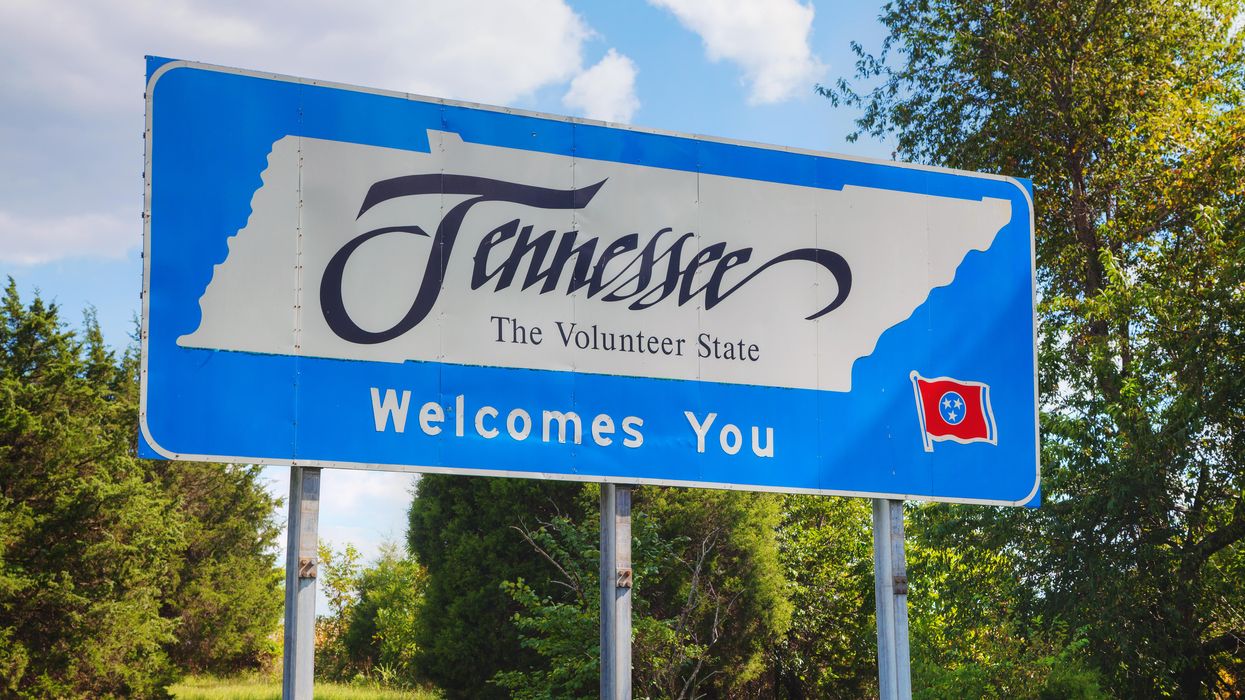Hart is a columnist for the Tennessee Lookout and the chief communications officer for Haywood County Schools. Opdycke is the president of Open Primaries, a national election reform organization.
Modern voter suppression is typically understood as Jim Crow-adjacent laws designed to surgically limit the ability of people of color to cast a ballot in November: voter registration purges, restrictions on drop-off sites and early voting, voter ID laws, etc. Civil rights organizations have – properly – devoted huge time and resources to defeating these practices.
But what about the non-surgical forms of voter suppression, efforts so broad as to be almost invisible?
One example of “broad but invisible” voter suppression just took place in Tennessee.
Tennessee is an open primary state with nonpartisan voter registration. On primary day, any voter can go to the polls and request a Democratic or Republican ballot. And primary day is a big deal because 90 percent of races in November are not competitive.
In much of Tennessee, the Republican primary is the only election that matters.
Madison County, where Gabe lives, is heavily conservative. The local Republican Party is powerful, while the Democratic Party is the exact opposite. Conservatives control most decision-making responsibilities and nearly every major public service that a county provides its citizens. This year’s mayoral election was a common example. The group of candidates consisted of three Republicans and one token Democrat with no chance of winning the election.
Tennessee election law requires voters to “affiliate” with a party to vote in the primary. However, since Tennessee does not register voters by party, there is no mechanism to do so. There are no Republican or Democratic voters as far as the state of Tennessee is concerned, only voters.
This year, on the first day of early voting, a voter was “challenged” at the polls because she was not affiliated with either party. Remember, Tennessee has nonpartisan voter registration; everyone is not affiliated with a party. Later that day, the Madison County GOP issued a statement asserting that it was illegal to vote in the primary unless you were a party member.
Gabe then wrote a column in the local paper about why he, a progressive, voted in the Republican primary to have a say in his representation. He was threatened by the chairman of the County Commission that he “may see his day in court” for breaking the law. The Madison County and state GOP chairmae f ollowed up with an op-ed misstating that a person could be prosecuted in Tennessee for cross-voting in a primary election.
But this was not just misinformed party leaders spreading false and intimidating information.
The following week, the Tennessee secretary of state came to Madison County and, speaking at a local Rotary Club, declared that non-Republicans voting in the Republican primary could “possibly” be prosecuted. The gentleman elected by the people of Tennessee to oversee the election process was publicly affirming false information about voter’s right to participate in a publicly funded election that the law states is open to all registered voters!
By the time primary day rolled around, the local election commission had posted a signature sheet that every voter had to sign that stated: “A person commits a criminal offense if the person knowingly votes in a primary election or participates in a convention of another party during the same voting year.”
This was not surgical voter suppression. It was a broad intimidation campaign to keep everyone at home except partisan activists.
This is the voter suppression no one talks about – partisan politicians using intimidating tactics to lie to voters and keep them from exercising their rights to choose their leaders.
By the end of primary voting in Madison County, 11,768 registered voters cast votes out of a possible 61,757. Eighty percent of the citizens of Madison County who were eligible to vote, didn’t. How much of the 80 percent who chose not to vote did so because they were afraid of going to jail if they chose to vote for the candidate of their choice?
Much of the tension about voting in Madison County has evaporated since the May 3 primary. But the damage done by the strong-arm scare tactics of the local Republican Party and the secretary of state will have lasting effects on future elections. We may never know how much damage, because no one is standing up for these voters. Is anybody listening?



















Trump & Hegseth gave Mark Kelly a huge 2028 gift